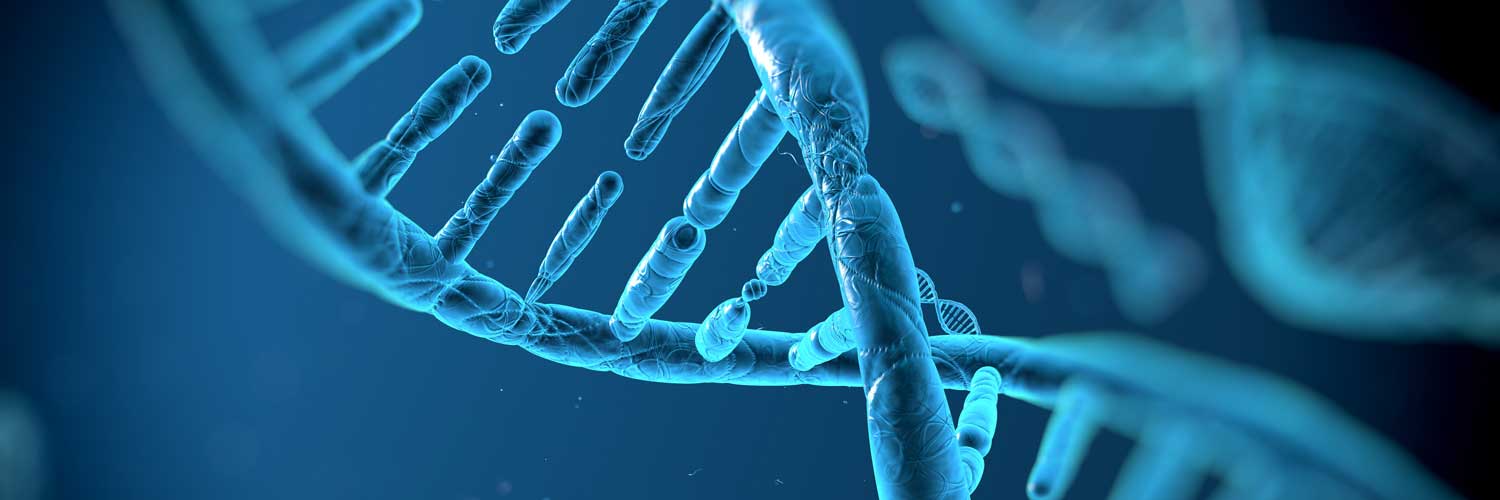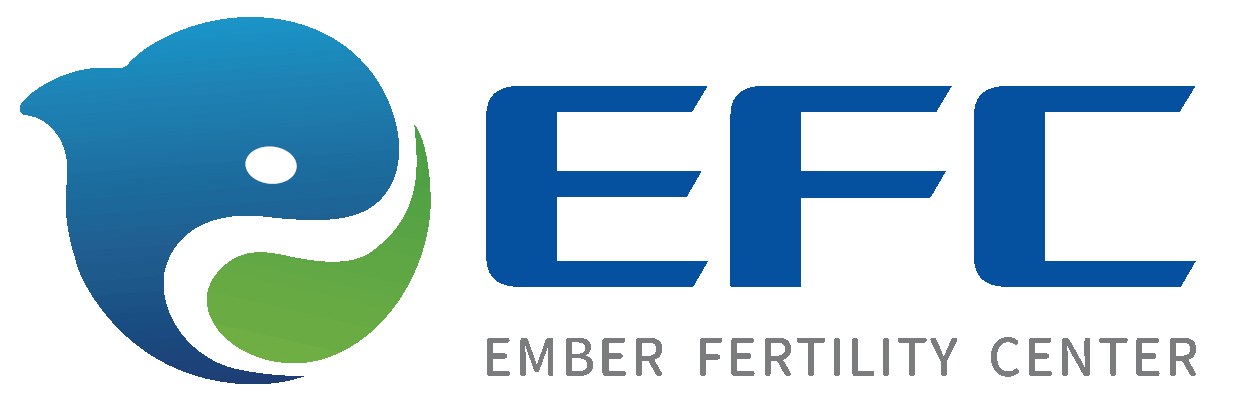Key points of egg donation
- Not all women can use their own eggs or may not produce eggs that will achieve pregnancy, due to age, diminished ovarian reserve, genetic conditions, a condition like endometriosis or for unknown reasons. For these women, egg donation using in vitro fertilization (IVF) can enable them to conceive.
- All egg donors go through extensive health screenings and evaluations.
- Ember offers egg bank and fresh egg donor options.
- Third-party assisted reproduction, also called third-party fertility, is a form of assisted reproduction using a third person outside of the intended parents as an egg donor, sperm donor, embryo donor or as a gestational carrier.

At Ember, everyone is a VIP – very important patient
And we have a thing for the small things: Each Ember patient gets a dedicated fertility coordinator, a patient’s personal care guide through every clinic detail, from the very first phone call to meeting your little miracle. Schedule your appointment today using our online self-scheduling tool.
What is egg donation?
Egg donation is when a woman provides her eggs to another woman or couple in the hopes of helping her become pregnant. By using an egg donor, an otherwise infertile woman or couple can successfully carry a pregnancy. Egg donation is also used for LGBTQ+ couples and individuals. Ember advises patients on egg donation options and empowers them to decide for themselves whether or not egg donation is right for them.
A potential egg donor undergoes medical screening, genetic testing and psychological evaluation to verify that she is a good candidate before her donation is accepted. After this step, the donor egg will be fertilized by IVF in the laboratory with sperm from the recipient’s partner (or a sperm donor). The resulting embryo will be implanted in the recipient’s uterus.
Our patients can choose to use high-end donated eggs, which means they are from donors who are educated with degrees including from Ivy League schools having obtained an advanced degree, and have undergone extensive health screenings and evaluations for healthy lifestyle factors. Egg donors can be known or anonymous.
Egg donation is part of our third-party reproduction services (third-party fertility)
Third-party reproduction is used when prospective parents or individuals need the help of another person in combination with certain fertility treatments to have a child. Third-party reproduction typically includes using sperm, eggs or embryos donated by a third person that will be used in IVF procedures to achieve pregnancy for the intended parent(s). In third-party fertility, a gestational carrier (a form of surrogacy) can sometimes be required to carry a pregnancy.
Such third-party assistance enables couples or individuals experiencing infertility to have a child they could otherwise not achieve. LGBTQ+ individuals and couples and single intended parents who are not experiencing infertility can also benefit from our third-party reproduction services.

Interested in becoming an egg donor at Ember?
Call at 949-Mom-Baby (949-666-2229) and ask to learn more about becoming an Ember egg donor, and read our how to become an egg donor FAQ.
Who should consider donated eggs for pregnancy?
The typical woman seeking egg donation has diminished ovarian reserve or premature ovarian failure.
For a woman experiencing infertility due to ovarian function (lack of ovulation or poor-quality eggs), fertility testing can establish her ovarian reserve, which is the number of healthy eggs left in her ovaries. This can help her and our fertility specialist determine if egg donation is a good option for her.
Some women who have waited until advanced age to get pregnant for social or career reasons may require egg donation when they are ready for a family. A woman also may select egg donation if she risks passing on a harmful genetic trait to her baby. Women may want to talk to their physician about genetic testing to determine if they carry genetic risks.




